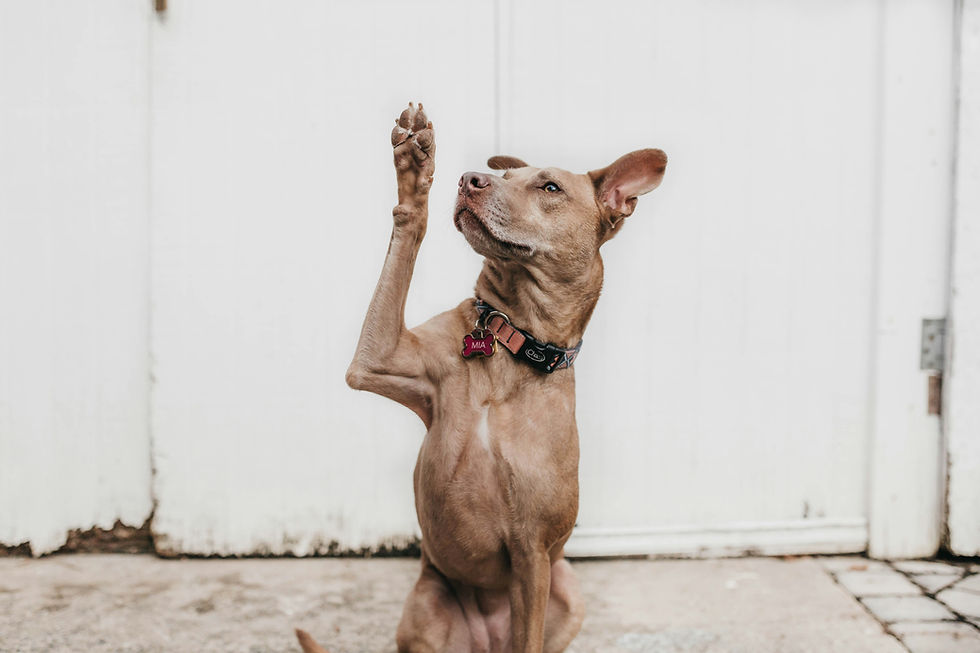Community Feasibility Study: Project Brief
- Sarah Staiger
- Jan 12, 2022
- 3 min read
Updated: Jan 15

In a typical fundraising campaign feasibility study, an organization embarks on a series of steps to craft and test a case for financial support. Lots of consultants offer tried-and-true methods and amazing formulas for analyzing the current financial ability of your donors plus the potential for new gifts for the case. We think traditional fundraising feasibility studies work—we’ve benefited from them ourselves and offer them for our clients—they can raise a great deal of money.
But… (you knew it was coming) if we are really alignment with our own values, raising money alone doesn't seem like enough. We started thinking about how an organization in campaign mode might test for more than just the money. What about testing what the community—clients served by the case—feels and knows about the work proposed?
So, we called on our experience with organizing, advocacy and policy change and on our network of experts to dig deeper into this question. In a typical community organizing power analysis, an organization embarks on a series of steps to understand the types and quantity of power available to change a policy or practice—including the will of the community on a particular issue.
Nonprofits deploy power analysis and the resulting information to craft strategies that advance their missions. We know from experience that this, too, works.
In fact, SVA recently completed what we call a community feasibility study for an organization interested in shifting city policy to allow for better quality of life for people living with intellectual and developmental disabilities. In interviews with directly impacted community members, we blended an organizing power analysis with fundraising feasibility-style case testing.
Instead of measuring the dollars this organization could raise from the community, we tested for the number of people the leaders could turn out in support of the project, and for those leaders who have a special ability to make an impact on key decision-makers. It was a powerful, straightforward way to listen to impacted community members first, and then test for what it would take to bring the broader community on board to shift policy. It set the direction our client would need to consider taking and quantified the work ahead. There were surprises and new thinking to pursue along the way, and what we found was different than what we initially imagined.
Completing this project proves to us that community-centered feasibility studies for fundraising are possible. Imagine an organization embarking on a fundraising and community feasibility? What if the organization started with the question “what would the community served do first with money?" Imagine taking those results to donors and knowing, without a doubt, that you will be moving philanthropic support to what is truly needed, and able to find the sweet spots between community need and fundraising.
As usual we’d expect to have some surprises along the way, some proposed shifts to the case coming from community, and remarkably interesting information to share back with donors and supporters as the study progresses. However, many of us in fundraising worry about the risk of changing what’s tried and true. We already have so many unknowns in our jobs as money-movers. Why add more risk?
But what do we risk when we don’t start with community? What do we risk if we don't try to look for solutions that move us to our visions faster? At SVA, we argue that there is risk either way. But we are simply unwilling to let community bear the brunt of the risk and deepen well-documented disparities. Time to try something different.
Luckily, our organizing and policy buddies have been doing this kind of community study within the power analysis framework for a long time. Knowing that fact can help community-centric fundraisers mitigate the perceived risks of trying something seemingly untested.
Organizations have the option to add community feasibility alongside fundraising feasibility to create stronger, more compelling study results for the full community we serve—not just the donors.
If you’re interested adding community organizing elements to your fundraising or if you're curious about how our community feasibility study connects to your campaign planning, we’d love to talk with you.
Want more of this kind of help in your inbox about every other week? Sign up for our Community of Care here.




Comments